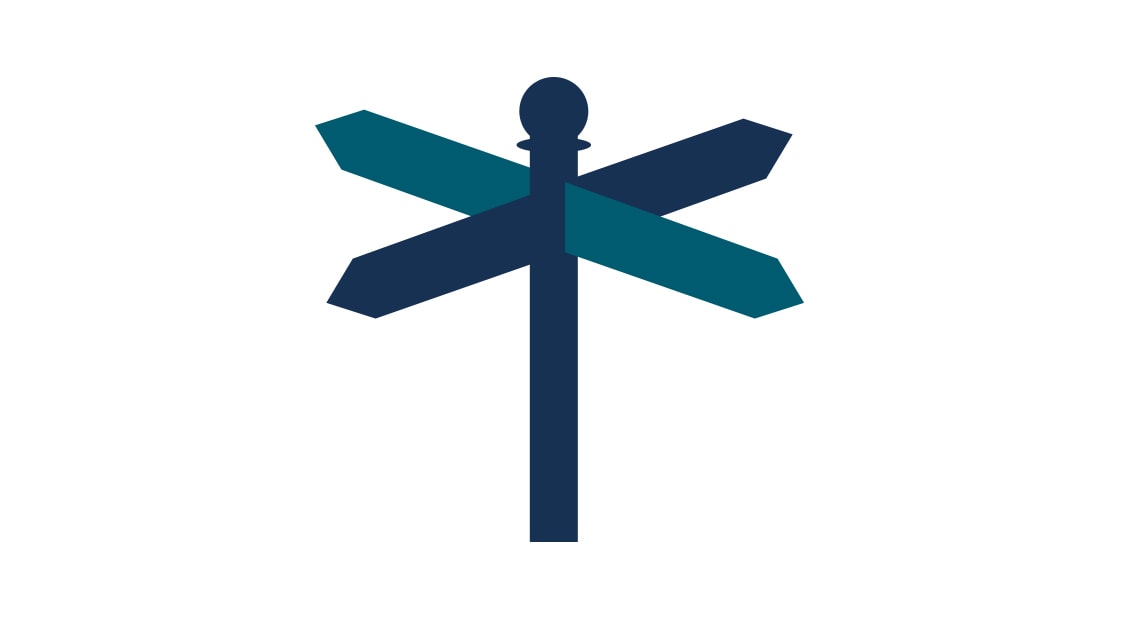You could work in any area in performing arts: on stage, behind the scenes or with the public (front of house).
But you will need to get experience to move away from roles as a trainee, assistant or understudy. You will need talent, confidence and practice before you find work as a performer. Behind the scenes roles require practical, creative or technical skills. Working front of house requires good communication and a friendly manner.

Example jobs
Make-up artist
Applies performers' make up.
Sound operator
Operates the control desk, amplifiers and microphones at live shows.
Actor, dancer or musician
Entertains an audience through character, dance or music.
Stagehand
Works backstage with scenery and props. You will be lifting and carrying, and you might need to work at heights.
Trainee costume assistant
Helps to provide and maintain costumes and accessories for performers.
Case study
My role is to devise, plan, initiate and deliver creative opportunities for schools, communities, young people and adults.
Cara Pritchard, creative projects manager for a regional theatre
Things you need to know

Typical working conditions
- The hours can be long.
- If you work on theatre productions, you are likely to be busiest in the afternoons and evenings.
- You will probably be working when others are relaxing.
- Seasonal work is common, with most opportunities around Christmas and the summer.
- You could be based in one setting or you might travel around. You might find more opportunities in the bigger cities.
- When a performance is on, you will need to focus and be quiet if you are backstage.
- There may be lots of pressure during performances or as you prepare for a new production but this can be exciting.
- Theatres can be gloomy and hot to work in.

Qualifications needed
- There are no specific qualifications needed to find a job in performing arts except for jobs in specialist areas such as wardrobe and lighting. Experience and the right attitude are just as important.
- A creative apprenticeship is one way into jobs in performing arts. If you want to work behind the scenes, consider costume and wardrobe, set crafts or technical theatre.
- Dancers and classical musicians often start taking exams at a young age through courses accredited by the Council for Dance Education (CDE) or Associated Board of the Royal Schools of Music (ABRSM).
- You can study courses in theatre management or in dance, music or drama at universities, drama schools or conservatoires (specialist music colleges).

Career path
- The performing arts do not have a structured career path.
- To move up in your career, you will need to keep developing your skills and adding to your experience.
- Build up a network of possible employers and make sure you always give a good impression. As a performer, finding the right agent can also help.
- It is likely that you would start off in casual or part-time work, as full-time jobs are not always available.
Useful links
Pearson is not responsible for content on external websites.
